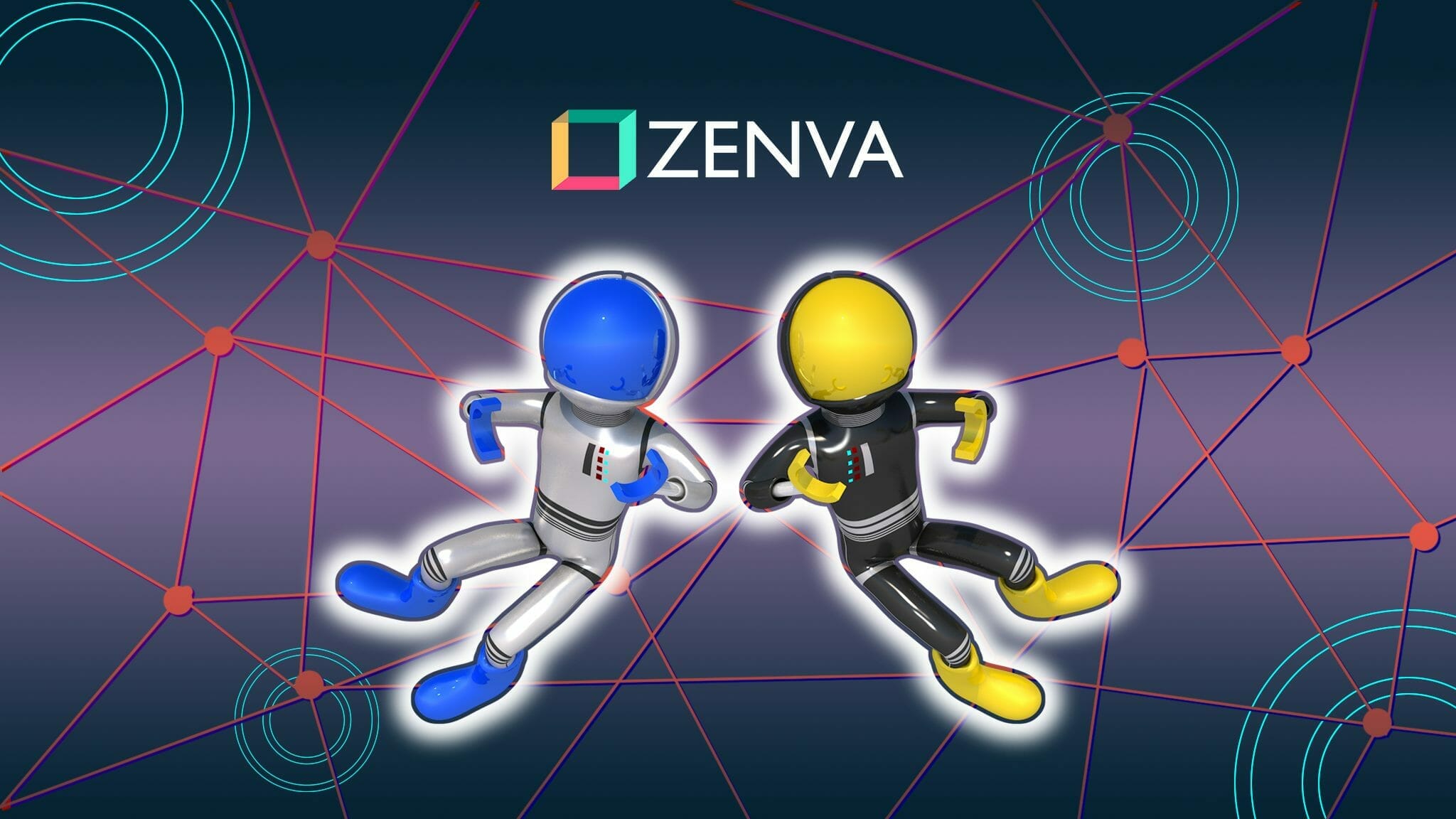With computers now being a key component of all our lives, there is little doubt you’ve heard the words “coding” and “programming” thrown about by the media. As the entire computer coding industry is in immense demand (and only growing at this point), learning how to code has become one of the top skills people are trying to acquire.
In this constantly evolving techno space, though, there has arisen some confusion about whether there is a difference between coding and programming. While many media outlets use them interchangeably for good reason, numerous experienced developers will be quick to point out the technical differences between the two. For those who aren’t versed in the technical jargon, however, understanding those technical differences between coding and programming can be a pain and quickly forgotten. This is not to mention questions about whether those technical differences should even matter – especially for people just starting out.
In this post, though, we do want to do a bit of a dive into the topic and discuss coding vs. programming. Knowing the technical differences is important for the long-term of understanding the entire process of software development. This can greatly empower your ability to learn to code and understand steps you might want to take in the future to enhance your skills even further or even become a developer yourself.
So, let’s discuss coding vs. programming!
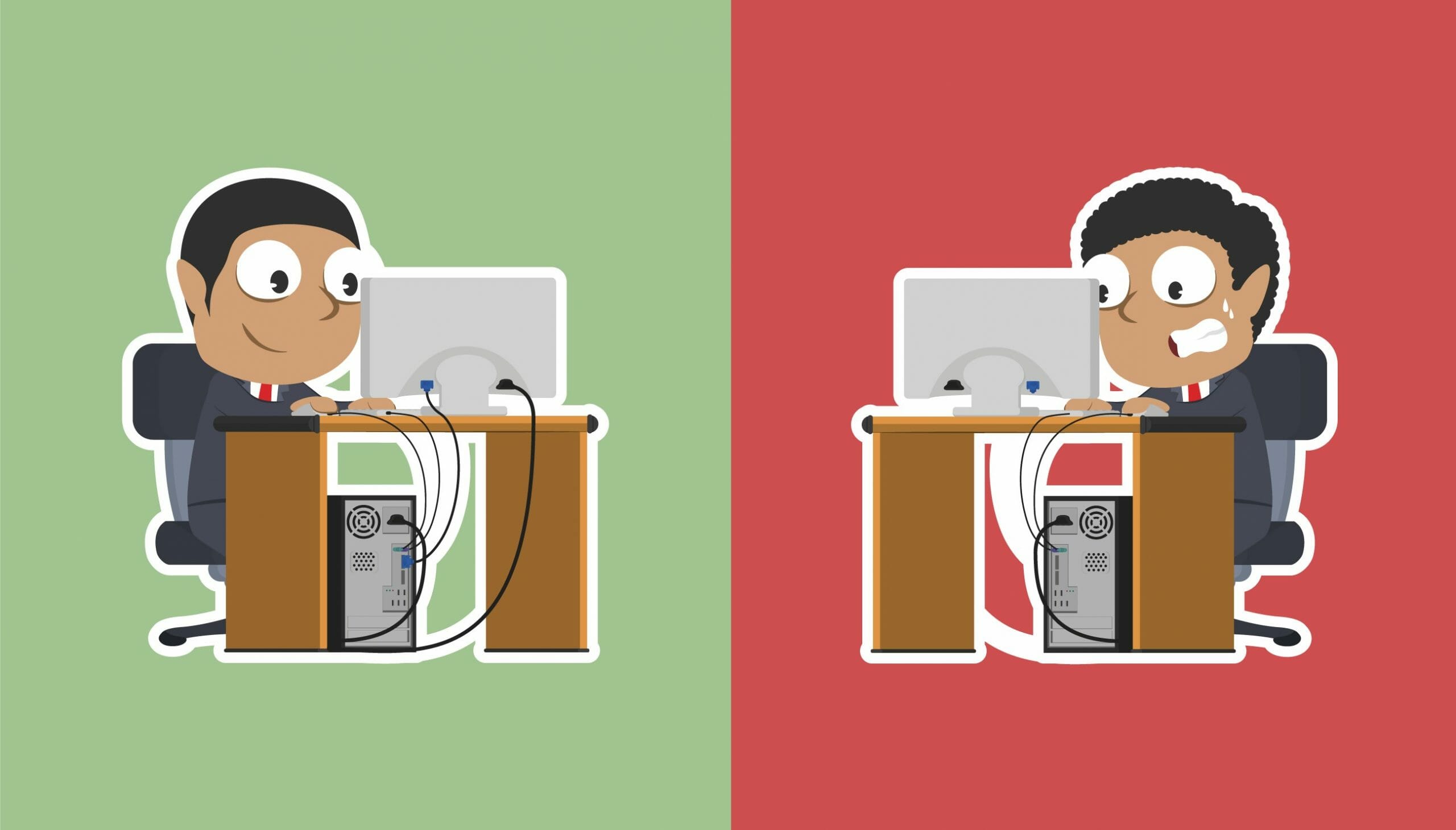
Table of contents
Development Cycle
Before we dive into anything specific to coding and programming, let’s take a brief moment to discuss the development cycle just a tiny bit in layman’s terms.
When you want to develop any kind of program in software development, you first need to start with a plan. What set of instructions do you want your program to follow, essentially. From there, you need to break it down even further. For example, if you want a simple calculator program, you need to have mechanics to take in numbers, determine the type of calculation, how to display that in a UI, and so forth. On the technical side, you also need how to decide to efficiently model this program so that there aren’t billions of lines of code to try and cover every possible math calculation that could be entered in.
Once the plan is in place, the program is coded, where each aspect of the overall problem is solved. After coding comes analysis and testing, where you check your code and make sure the program runs how you intended, You can think of these three processes similar to how you might write an essay. First, you write a draft, then an editor analyzes the draft and points out issues – and at some point, you may even have a friend beta read your essay as a test to find out if anything is wrong that the editor missed.
After all analysis and testing is completed, though, the program is deployed and users can use whatever type of program you built.
While there is a lot more to software development, and many technical aspects like algorithms, object modeling, and so forth to be considered that are beyond our scope here, this general path does apply to almost every program and industry in terms of how something is created. Thus, having this brief overview in mind will help you understand the finite difference between coding and programming.

What is Coding?
Now that we understand development, let’s talk about what coding is.
Coding is generally defined as the process of writing a set of instructions for a computer to execute in a language the computer understands. This language is generally a programming language, like Python, JavaScript, C++, or something else. Nevertheless, regardless of language, the same process happens where the programming language translates the code into binary for the computer to understand, and the program then executes.
So, a coder’s duty is to take a problem and write the instructions to solve that problem using all the proper language “grammar” and features the language has to offer. Anytime you see someone print Hello World, that is coding in action.
What is Programming?
Next, let’s discuss programming as it is technically seen.
Programming is the process of creating an entire program. A programmer will plan out every aspect of the program, not just what the program will do but how the data will be modeled, what algorithms will be used to provide the set of instructions, and so forth. Beyond this, besides overseeing the execution, programmers will are also in charge of the analysis, testing and implementation, and just overall making sure every single behavior works as intended.
Essentially, you can think of a programmer as the person who is involved in the entire development cycle and who works the most in-depth with how the program is set up to the barest of details. So, while coding is about writing the instruction for printing Hello World, the programmer is the one planning out Hello World is text, what class this goes into, how it will be displayed, and making sure that Hello World actually prints as needed for the program’s overall goal.
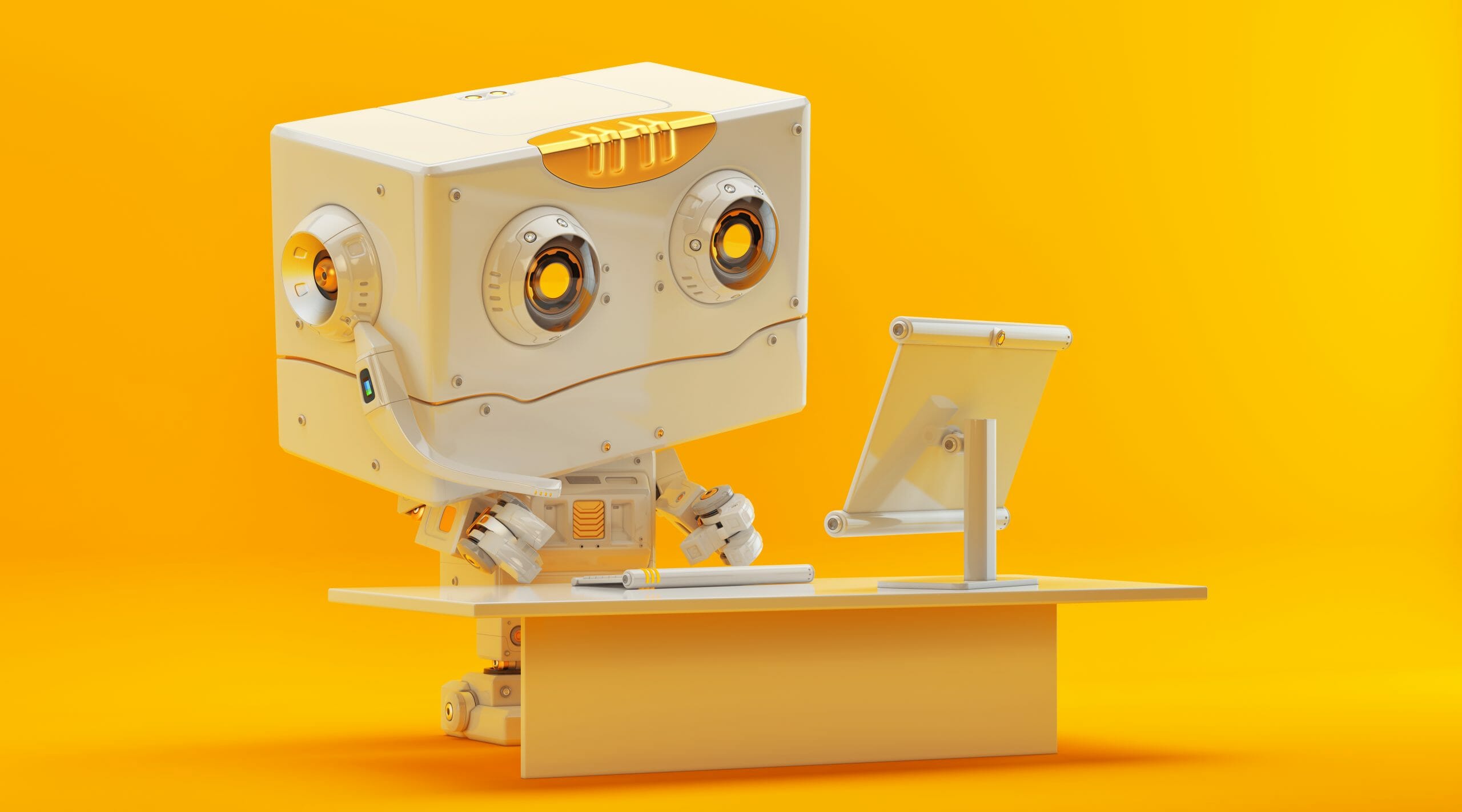
Coding vs. Programming
While at this point you can already see some difference between coding and programming by how things are defined above, we’re going to break down the key differences below a bit more simply to reinforce these ideas and contextualize them a bit more as you venture into computer coding and coding and programming.
Project Scope
The first key difference between coding and programming for the two fields is the scope of the project. Coding is considered a subset of programming. So, a programmer will definitely be involved with the “coding” since it is a part of programming and the program trying to be made. However, the size of the “problem” is what changes between the two.
Coding will be concerned with the smaller sorts of problems and writing specific instructions to solve those. How to print a certain output based on input, how to set up a form that can send data to a specified location, and so forth are just some of the problems entailed with coding. Coding is mostly concerned with just writing the instructions, not the other portions of the development cycle.
On the other hand, programming is very much concerned with the entire bigger picture. Rather than small problems, it is focused on the bigger problem of what sort of program you’re trying to build, whether it be an e-commerce website, a word processor, a game, or something else. Programming is concerned about how every feature and instruction set comes together, how efficient everything is, and whether or not the program does what it says it’s going to do, etc.. So, in essence, programming is a lot more involved on the technical scale than coding is.

Planning & Problem Solving
The next difference between coding and programming is the planning and problem-solving stage of software development – which is heavily related to scope.
When it comes to coding, the coder is only specifically planning how to solve an immediate problem. In essence, coding is concerned with planning what instructions are needed to execute a program in a way that the immediate problem is solved. For example, let’s say you needed a way to print the word “No” anytime someone identified a picture incorrectly. Coding would plan out the needed lines to take in a user’s click, the logic for if/else statements, and printing out the appropriate response based on the input.
In other words, coding is focused on the execution and application of the set of instructions.
Programming, however, takes a much deeper approach. Programming is about taking a very large problem and modeling out how that problem will be solved. For example, let’s say the program you’re building is a simple platformer. The programmer is concerned with how to structure that idea in terms of what objects are needed (player, enemy, blocks), what will need to be tested and analyzed, and so forth. Another way to look at it is that programming sets out to layout what classes will be utilized, what sort of project requirements need to be kept in mind, and several other aspects.
Essentially, you can think of the difference as programming being the boss who tells coding what problems it actually wants solved.
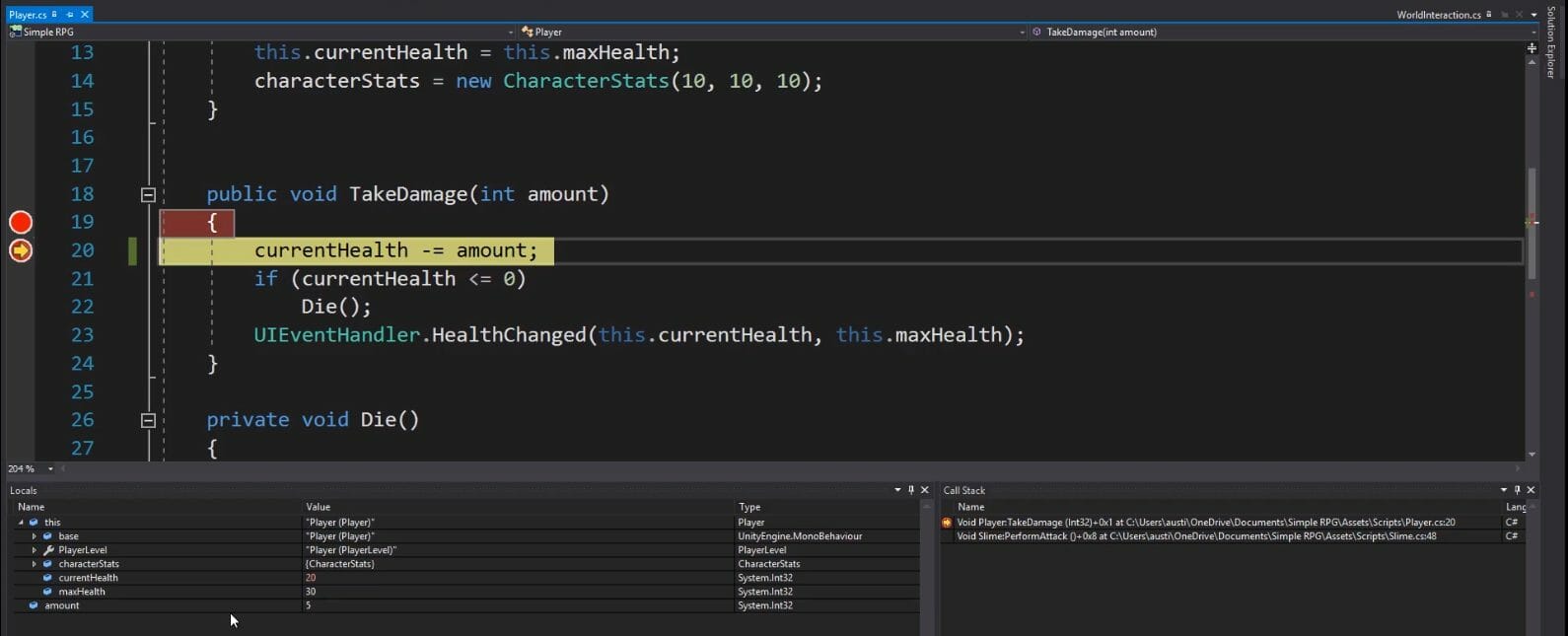
Tools
The third difference for coding and programming we will discuss is tools.
When it comes to coding, the tools to master are pretty simple because of the scope. In fact, for the most part, the only real tool coding requires you to have is some form of text editor. This can be a full-blown IDE (Integrated Development Environment) like Atom or Visual Studio Code, or something as simple as Notepad. Regardless, the tool requirements are extremely low, meaning most people can code with only the language itself being the learning curve.
Since programming is involved in all aspects of software development, the tools here are much more expansive. Programmers are required to know how to code, so text editors and/or IDEs are a must. However, there are also other tools needed in their repertoire, like analytics tools, debugging tools, and so forth for things like testing and implementation. Another example would be the popular Git and Github for version control, as this is used quite often for deployment. Thus, programming involves skills in more than just the language and a text editor since more is needed to encompass the entire scope of programming.
Experience Levels
Last, the biggest major difference in coding vs. programming is the experience levels.
As coding is a bit more open to everyone, there isn’t a high-ceiling that one needs to master to be able to code. As long as you learn some simple problem solving and a programming language, you can start coding your projects at any point. While, of course, there are senior developers who are expert coders and know the most efficient way to execute their instructions, this is not necessarily a requirement for someone to say they know how to code.
Programmers, on the other hand, are generally a lot more experienced. As mentioned above, programmers do need to know how to code. However, they also generally need a strong understanding of computer science in order to solve problems efficiently, model data in ways that work, and just in general have more experience in all levels of development. So while beginners can definitely go for full-on programming easily, most professionals will be at a bit higher skill-level than someone who is just a coder.

Do the Differences Matter?
We’ve discussed the differences above in coding vs. programming, but there’s one last question to answer: Do these differences between coding and programming matter, especially when you’re learning how to code as a beginner?
The answer here is yes and no.
On the technical side of things, this difference can matter. Coding is largely considered a subset of programming. So, while all programmers are coders, not all coders are programmers. When going into the professional world, this does matter for your job search. Some companies do specifically just want “coders” for a position, while it’s their senior staff that are the programmers overseeing the entire project. Thus, in this very technical environment, it can make a difference in how you portray yourself and what sort of position you’re eligible for based on your experience.
However, in terms of being a beginner, this difference between coding and programming doesn’t really matter all that much. Since coding is a subset, you still have to learn it to become a “programmer”. In fact, in the professional world, most programmers also do a lot of the coding when they make a program, which is why the terms are used interchangeably despite there being a very finite technical difference. So, learning how to code is beneficial regardless of whether or not you want to pursue the entirety of programming, as it is the crucial first step to building projects and experiencing the entirety of the development cycle.
Learn How to Code – Tips
We’ve established that, regardless of the difference between coding and programming, knowing how to code is important whether you’re a coder or a programmer. Thus, you’re probably ready to get started learning how to code. In case you’re a beginner, though, we wanted to provide a quick and dirty tip guide to get you started.
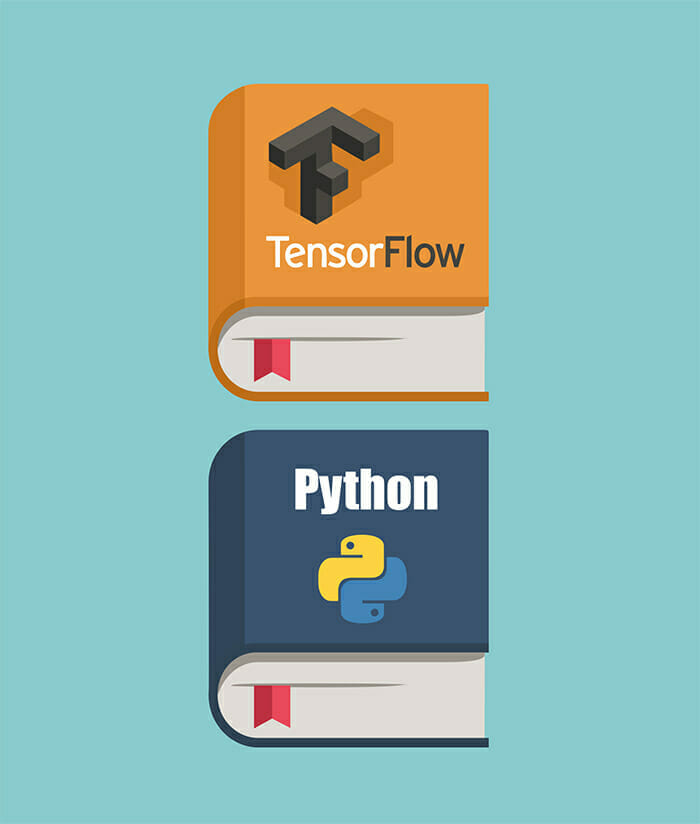
Research Programming Languages
The first step to learning how to code is to research a programming language. There are a lot being used in the industry – some well-known ones like C++, and more obscure ones like F#. While we do recommend learning a popular language for the sheer community support, it’s still important to research even those. Each language has its own specialty and use cases, so understanding what the benefits to each language are is important.
For a quick breakdown of the most popular programming languages, though, we’ve listed them below along with the field they’re needed for. You can get more in-depth information by checking out our Best Programming Languages article, or hone in one the best languages for just game development.
- HTML and CSS: Web development
- JavaScript: Web development and HTML5 game development
- C#: Business software development and Unity game development
- C++: Software development and game development
- Python: Data science, machine learning, and computer vision
- Java: Software development and Android app development
- Swift: macOS and iOS development
The above being said, don’t stress about choosing a language to learn. Once you learn the principles of one language, most of what you learn will apply in a different language. So, it’s very easy to know multiple programming languages once you establish the foundations! Speaking of which…
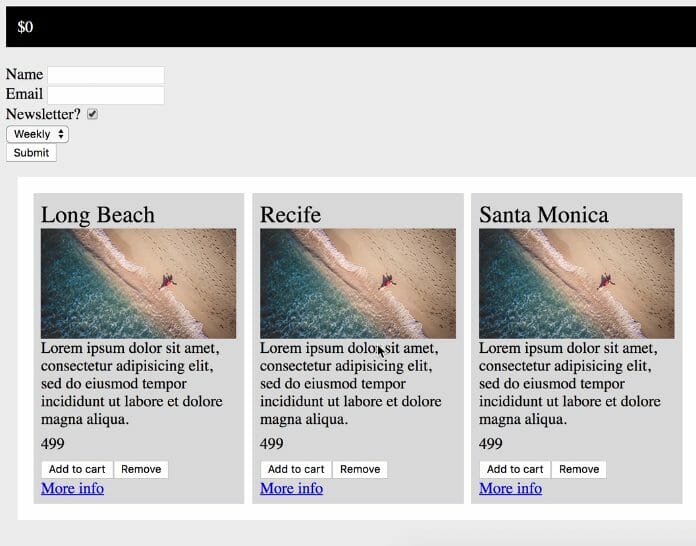
Learn the Foundations
The next step to learning how to code is to learn the foundations of coding in a programming language of your choice. Now, of course, you’ll want to learn the syntax of the language you first choose to learn. By this, we’re speaking of the “grammar” of the language, in how you declare things like variables, how a loop is formatted, how you declare the end of a line, etc.
What we mean by foundations, though, are what are variables, what is a class, what is an object, how are these aspects used, and beyond. There are numerous core concepts when it comes to coding that cross the boundaries of programming languages, so learning these should be the top priority. Without them, coding simply isn’t possible. As such, learn loops, variables, operators, objects, and whatever else the programming language offers before doing anything else.
Build a Simple Project
Once you learn your foundations, the best way to learn coding is simply by doing. Plan out a simple project, whether it be a platformer, a static webpage, an app that makes a graph, or something else. The sky is the limit on this one – as long as you keep the scope small at least (and do something possible with the programming languages you know).
Either way, making a project will force you to actually apply your foundations. Through this process, you will find things start to click more and more. It will teach you to take your goal and contextualize how to get there with the coding knowledge you possess. Projects also allow you to challenge yourself and experiment, so the more you make, the more you learn and ingrain coding into your being. Testing and implementation will also help you understand what not to do, which is another crucial part of programming.
Plus, building projects is a key step to building a coding portfolio as well.
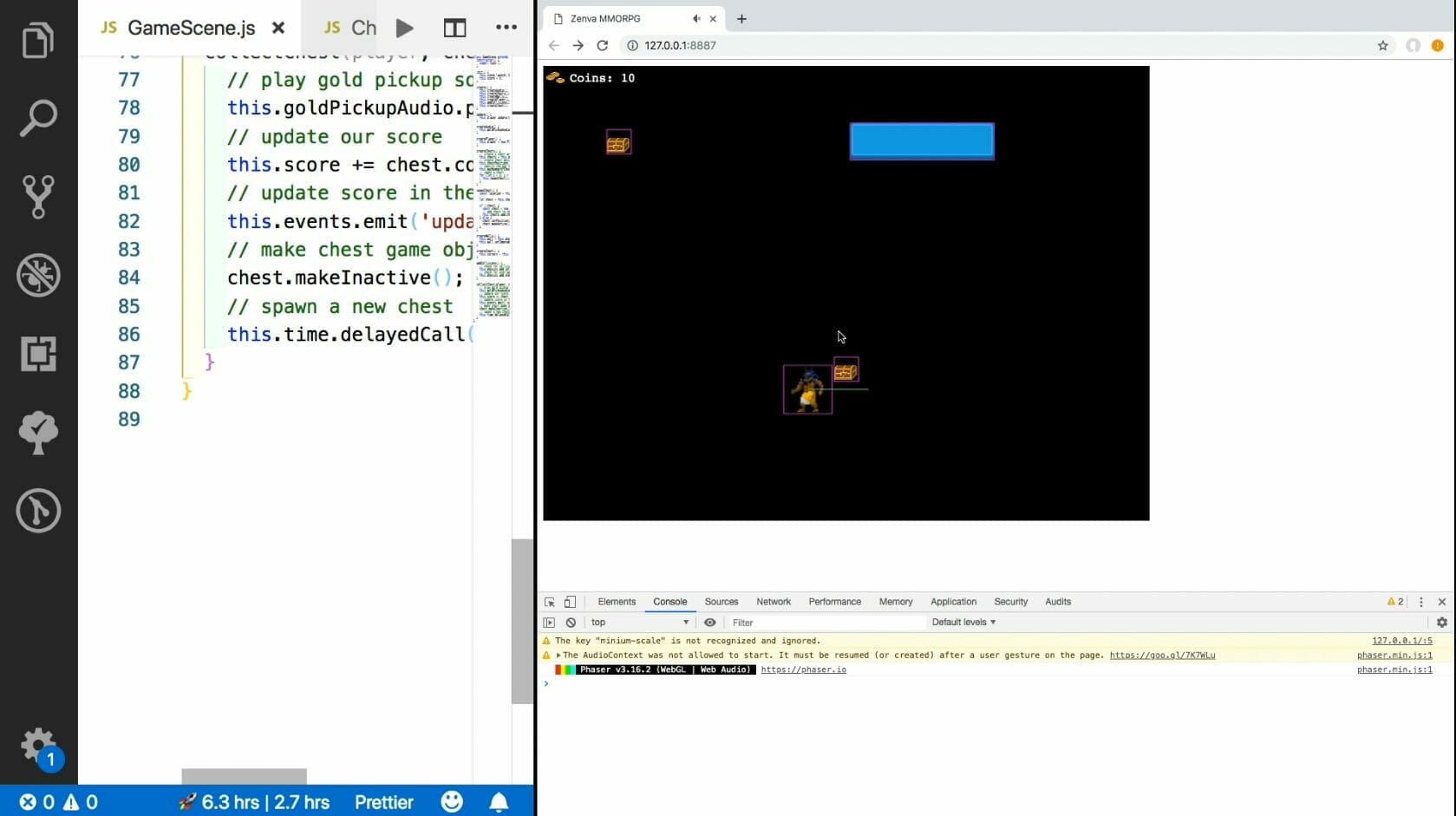
Expand your Knowledge
Finally, continue to expand your knowledge. You’re never done learning how to code. There are always new frameworks to adapt to, more programming languages to learn, project types you’ve never tried before, and so forth. Thus, learning how to code is something you will keep on doing.
You may also wish to try online curriculums at this point as well, which will not only reinforce the foundations you’ve learned, but help challenge you further with different kinds of applications for your coding knowledge. We’ve included some links below to some helpful curriculums based on topic:
- Web development
- Virtual reality development
- Augmented reality development
- Mobile app development
- C++ game development
- Unity game development
- Phaser game development
- Python development
- Data science
- Machine learning

Conclusion
At this point, you should have a thorough understanding of the difference between coding and programming. There is definitely a technical difference between the two, whether in terms of job scope or just the general amount of tools use. However, when it comes to learning how to code, both coders and programmers need to know how to do it. Coding is a core process in any sort of development, so learning how to code is a necessity if you want to get into it – especially if you’re aiming to join the in-demand industry of development.
That being said, all knowledge is good knowledge. Understanding this key difference between programming and coding will help you navigate coding communities much easier, as well as job searching if you intend to make an entire career move into the development industry. Not to mention, you can “umm, actually” people when they’re discussing the coding vs. programming topic.
Either way, we hope this help you on your learning journey, and good luck with your future coding projects!
Did you come across any errors in this tutorial? Please let us know by completing this form and we’ll look into it! FINAL DAYS: Unlock coding courses in Unity, Godot, Unreal, Python and more.
